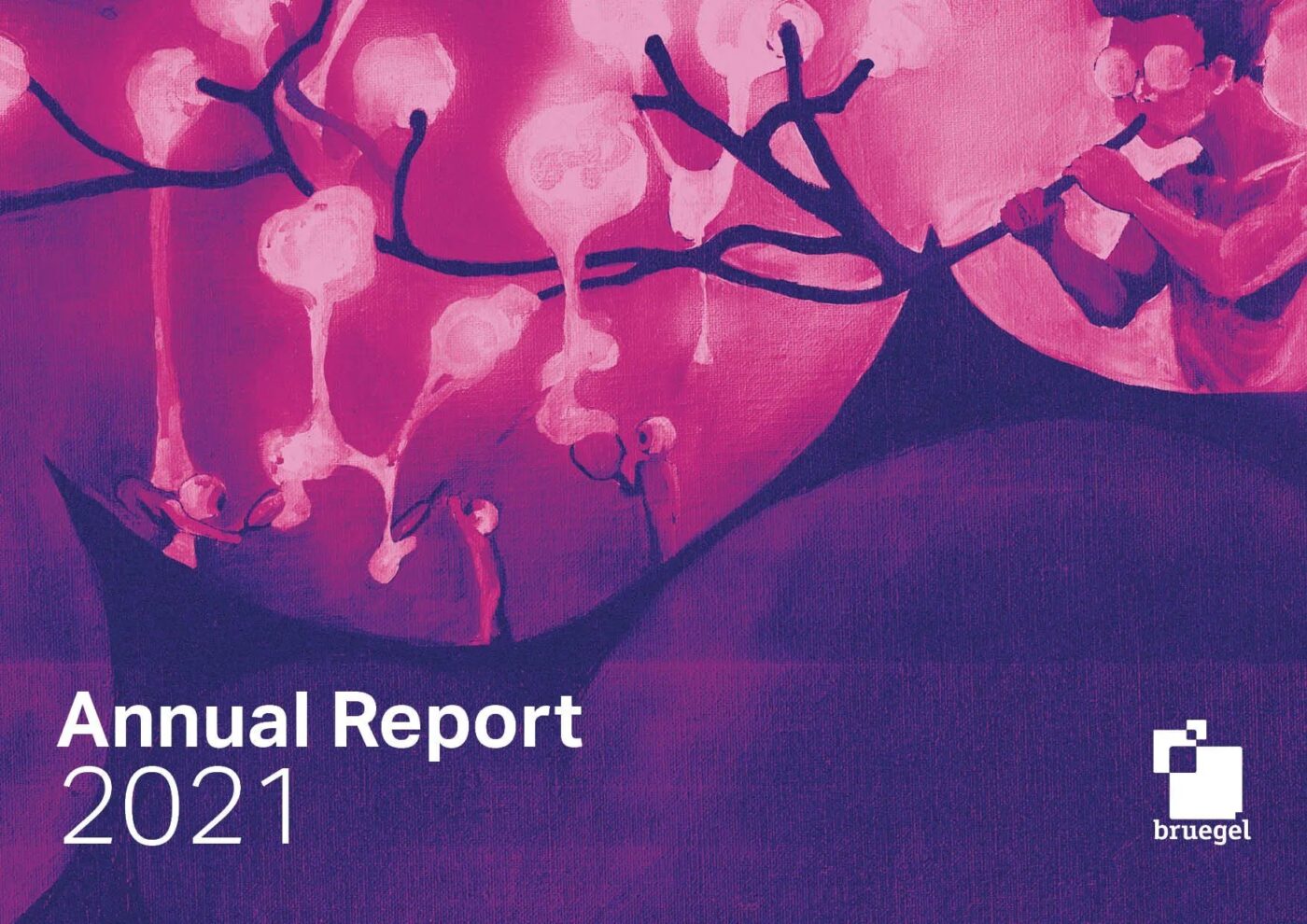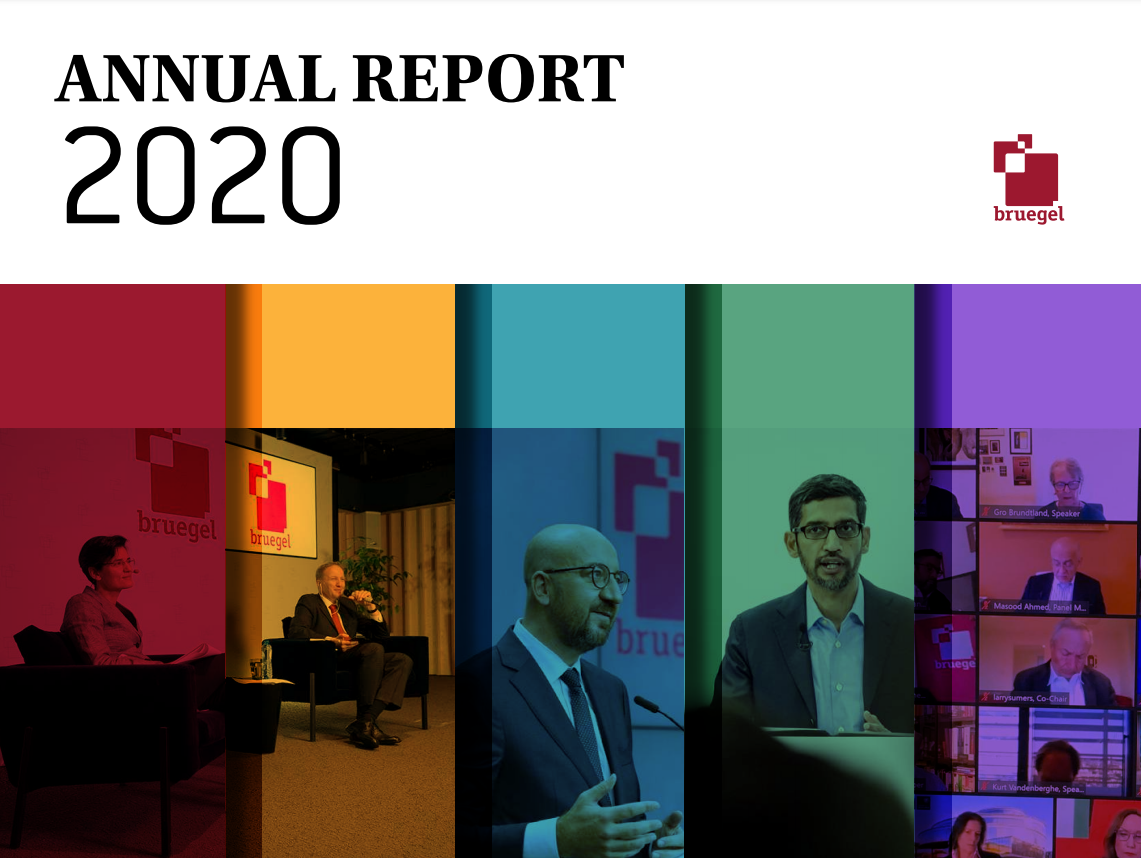Book/Special report



Bruegel annual report 2021
The Bruegel annual report provides a broad overview of the organisation's work in the previous year.
Book/Special report



The Bruegel annual report provides a broad overview of the organisation's work in the previous year.
Opinion

The tension between the unprecedented need for global collective action and a growing aspiration to rebuild political communities behind national borders is a defining challenge for today’s policymakers.
Opinion


The best way for the EU and the US to jointly introduce carbon border adjustment would be to form a ‘climate club’.
Book/Special report

The Bruegel annual report provides a broad overview of the organisation's work in the previous year.
Blog Post

Rapid emission cuts need a carbon price for the whole economy. This must be introduced in careful stages.
Opinion

Western European imports from central Europe have fallen dramatically, while imports from China fell much less, and had already recovered to pre-COVID level by April 2020. Central European governments should instigate new measures to foster the transition towards knowledge-intensive economic activities.
Opinion

The Hong Kong government might want to consider diversifying its economy by using part of the savings earmarked for rainy days. Beyond cushioning the negative impact of Covid-19 on SMEs and households, it is one more reason to spend.
Opinion



Half the households surveyed by Eurostat see themselves as unable to find the resources they would need to cope with an unexpected expense within a month, estimated by experts at €375 in the case of Greece.
Blog Post


On 21 July, EU leaders agreed on a €1.8 trillion package that should boost the recovery after the COVID-19 crisis, but also contribute to the advancement of key EU societal objectives, starting with the climate transition. In this blog post we assess the green ambitions of the package and evaluate its consistency with the European Green Deal.
Blog Post

The European Commission’s original allocation mechanism really favoured lower-income countries and to a large extent was based on pre-COVID economic data. The modification adopted by the European Council gives more consideration to the country size and the adverse economic impact of COVID-19. As a consequence, by using the Commission’s May 2020 economic forecasts, I estimate that only Germany and France will get more grants from the EU’s recovery fund compared to the Commission’s original proposal, while other countries will get less.
Blog Post

The ongoing recession will result in a fresh surge in non-performing loans (NPLs) once payment holidays and moratoria end later this year. NPL investors played a valuable role in tackling the stock of problem loans from the last crisis, but in the aftermath of the current recession more complex financial restructuring will be needed. Governments should facilitate the refinancing of distressed but viable companies, possibly through a special regime for SMEs.
Blog Post

The judgment not only immediately invalidates Privacy Shield, but may also have the effect, once the dust has settled, of effectively blocking transfers of personal data to the USA using the popular mechanism of Standard Contractual Clauses (SCCs).